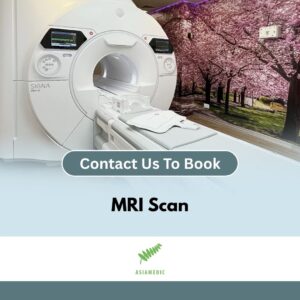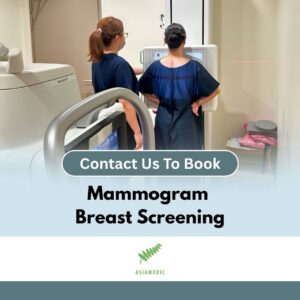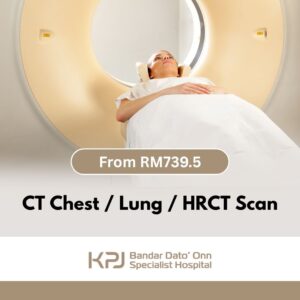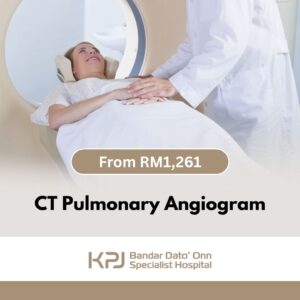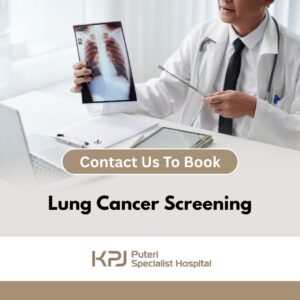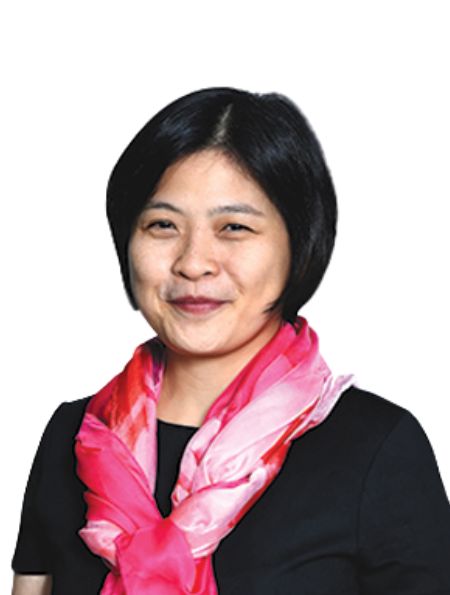Breast cancer is one of the most common cancers among women in Singapore and Malaysia. While modern treatment may involve a combination of therapies, surgery continues to play a central role in managing the disease. In this article, we provide a complete overview of breast cancer surgery, the types of surgery, what patients can expect, and more.
Back to Main Channel: Breast Surgery
Schedule a Consultation with a Breast Surgeon
Understanding Breast Cancer Surgery
Breast cancer surgery involves removing the cancerous cells from the breast, and in some cases, surrounding lymph nodes. It may be performed alone or in combination with other treatments such as chemotherapy, radiotherapy, targeted therapy, or hormonal therapy.
The main goals of surgery are to:
- Remove cancerous tissue completely.
- Prevent recurrence or spread to other parts of the body.
- Preserve the breast’s appearance where possible.
- Provide the option of breast reconstruction for quality-of-life considerations.
Explore medical imaging packages:

Types of Breast Cancer Surgery
1. Breast-Conserving Surgery (Lumpectomy)
- Removes the tumour and a small rim of surrounding healthy tissue.
- Preserves most of the breast, making it a preferred choice for early-stage cancers.
- Often followed by radiotherapy to reduce the risk of recurrence.
2. Mastectomy
A mastectomy involves removing the entire breast and may be recommended if:
- The tumour is large relative to the breast size.
- There are multiple tumours in the same breast.
- Breast-conserving surgery is not medically suitable.
Types of mastectomy include:
- Simple/Total mastectomy – removal of the whole breast.
- Skin-sparing mastectomy – breast tissue removed, but most of the skin preserved, making reconstruction easier.
- Nipple-sparing mastectomy – preserves the nipple and areola, suitable for selected patients undergoing reconstruction.
3. Lymph Node Surgery
- Sentinel lymph node biopsy (SLNB): Removes a few key lymph nodes to check if cancer has spread.
- Axillary lymph node dissection (ALND): Removes more lymph nodes if cancer is confirmed to be present.
4. Breast Reconstruction Surgery
Reconstruction can be performed immediately during mastectomy or at a later stage. Options include:
- Implant reconstruction – using silicone or saline implants.
- Autologous reconstruction – using tissue from the abdomen, thigh, or back.
- Hybrid approaches – combining implants with natural tissue.
Your surgeon will discuss the most suitable method based on your health, cancer stage, and personal preferences.
Preparing for Surgery
Preparation is both physical and emotional. Your care team may recommend:
- Pre-operative assessments: Blood tests, mammograms, MRI, or CT scans.
- Medication review: Some medicines may need to be paused before surgery.
- Lifestyle adjustments: Quitting smoking, maintaining a healthy diet, and exercising gently to improve healing.
- Psychological preparation: Counselling or support groups can help patients and families cope with anxiety.
Recovery and Aftercare
Immediate Recovery
- Hospital stay usually ranges from 1 to 5 days depending on the procedure.
- Drain tubes may be inserted temporarily to remove excess fluid.
Pain and swelling are common but manageable with medication.
Returning to Daily Life
- Light activities may resume within 2 weeks for lumpectomy and 4–6 weeks for mastectomy.
- Physiotherapy may be recommended to improve arm mobility and reduce stiffness.
- Emotional recovery is equally important – many women benefit from joining breast cancer support groups in Singapore and Malaysia.
Long-Term Follow-Up
- Regular follow-ups with your surgeon and oncologist are essential.
- Ongoing treatments such as radiotherapy, chemotherapy, or hormonal therapy may be part of the care plan.
- Lifestyle changes (balanced diet, exercise, limiting alcohol) can improve overall well-being and reduce recurrence risk.
Cost of Breast Cancer Surgery in Singapore and Malaysia
The cost of breast cancer surgery depends on the type of operation, hospital chosen (private or public), and whether reconstruction is included.
- Singapore: A mastectomy in private hospitals may cost S$15,000 or more. In public hospitals, subsidies and MediShield Life may lower out-of-pocket expenses.
- Malaysia: Costs are generally lower, ranging from RM 12,000 and above in private hospitals.
Disclaimer: The costs indicated are estimates only and prices may vary depending on different factors.
Insurance coverage and government healthcare subsidies can significantly reduce the financial burden. Always check with your insurer and hospital finance team before surgery.
Breast Surgeons you may Consider
Breast cancer surgery is an important decision that should be guided by an experienced and compassionate specialist. With the right surgeon and a personalised treatment plan, you can approach surgery with confidence and clarity.

For inquiries or for an introduction to a Breast Surgeon, contact us through the button below.
Frequently Asked Questions (FAQs)
1. Do all breast cancer patients need surgery?
Not always. Early-stage cancers or certain cases may be managed with non-surgical treatments. However, surgery remains one of the most effective methods for tumour removal.
2. How long is recovery from breast cancer surgery?
Recovery depends on the type of surgery. Lumpectomy patients may recover in 2–3 weeks, while mastectomy and reconstruction can take 4–8 weeks or longer.
3. Will breast cancer surgery affect my chances of survival?
Surgery plays a key role in improving survival rates. Combined with appropriate therapies such as chemotherapy and radiotherapy, long-term outcomes are significantly improved.
4. Can breast reconstruction look natural?
Yes. Advances in surgical techniques allow for very natural results, whether using implants or tissue reconstruction. Your surgeon will tailor the approach to your needs.
5. How do I choose between surgery in Singapore and Malaysia?
Both countries have excellent medical facilities. Singapore may offer access to cutting-edge technology and comprehensive cancer centres, while Malaysia provides more affordable private care. The choice depends on your medical needs, budget, and personal preference.
Useful Links
Disclaimer: 365Asia aims to provide accurate and up-to-date information, our contents do not constitute medical or any professional advice. If medical advice is required, please consult a licensed healthcare professional. Patient stories are for general reading. They are based on third-party information and have not been independently verified.





